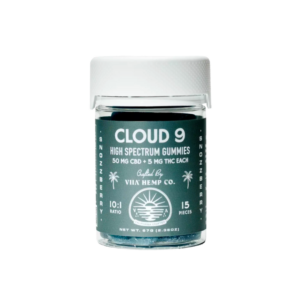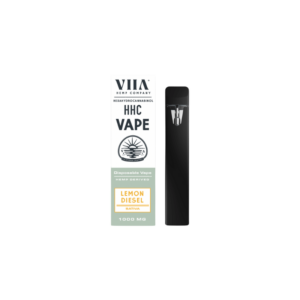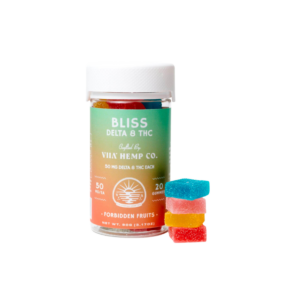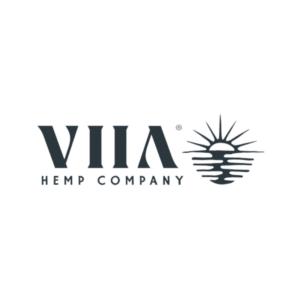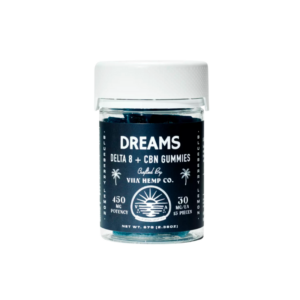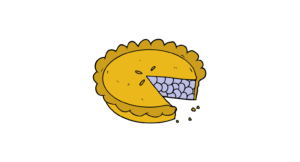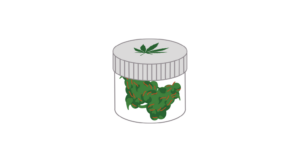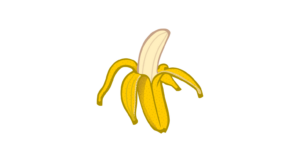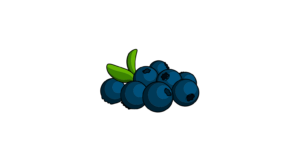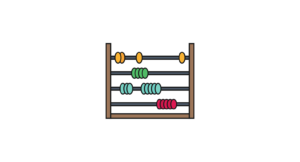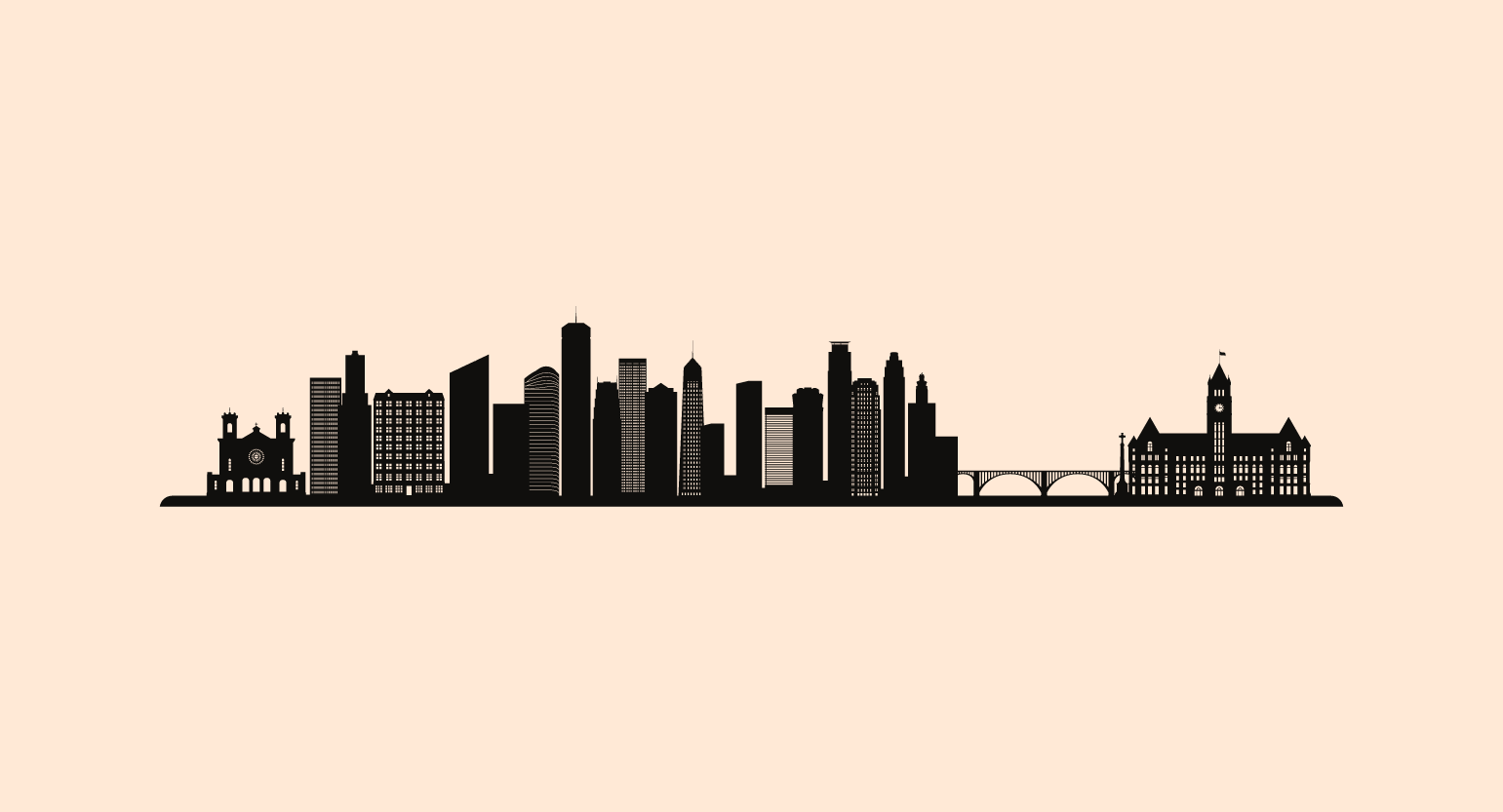
Where to Buy CBD, Delta 8 THC, & Marijuana in Minneapolis
Minneapolis, Minnesota, recently legalized marijuana for medical use only. There’s a bill in the pipeline that seeks to legalize all cannabis products throughout the entire state of Minnesota.
With an estimated population of 420,000, citizens join forces to push marijuana’s legalization for good.
Here, we’ll explore the legality of all the different cannabis extracts, including CBD, delta 8 THC, and marijuana. We’ll also cover where to buy it near you and what to look for to avoid wasting your money.
Is CBD Legal in Minneapolis?
Cannabidiol or CBD is legal in the entire state of Minnesota as long as it’s sourced from hemp.
This adheres to the federal ruling under the 2018 Farm Bill. For the first time, this bill differentiated between psychoactive marijuana products and non-psychoactive hemp.
All forms of CBD are legal in Minneapolis, including marijuana-derived CBD oil, which is illegal in more than a dozen other US states.
Find CBD Nearby | Select Your State
Is Marijuana Legal in Minneapolis?
Currently, the use of marijuana is only legal for medical use, and it’s only under the Minnesota Medical Cannabis program. You have to be an authorized patient by meeting the qualifications of a licensed doctor.
If you need to register as a patient or register someone else under the program, you have to apply through the Minnesota state registry. Some of the health conditions that qualify you for the authorization include cancer, autism, chronic pain, and Alzheimer’s Disease.
The vote to legalize marijuana recreationally is inching its way closer to being written into law.
The bill focuses on legalizing marijuana for adult use. If you’re 21 years old or older, you can possess or buy around 1.5 ounces and plant up to eight plants.
Is Delta 8 THC Legal in Minneapolis?
Delta 8 THC is an isomer of delta 9 THC — the active ingredient in marijuana and the compound that’s explicitly banned in the United States.
An isomer is a molecule that has the same chemical formula but a slightly different structure.
Delta 8 THC has a double bond at the eighth carbon, while delta 9 has the bond at the ninth carbon — that’s it.
Structurally, the difference is slight. Legally, it’s a huge difference.
Only delta 9 THC is explicitly banned in Minneapolis. Delta 8 THC products are therefore exempt from this law as long as they’re made from hemp.
Through a process called isomerization, CBD-rich hemp extracts can be converted into delta 8 THC in a way that makes it entirely legal.
The effects of delta 8 are very similar to delta 9, but much more chilled out and relaxed. People who find they’re too anxious from using weed will often turn to delta 8 THC instead.
List of Dispensaries in Minneapolis
Here are some of the top dispensaries in the area:
- Nothing But Hemp
- Vapour + Dispensary
- CBDHOUSE
- Infinite Vapor & CBD
- Pure X-Hale
- Super Smoke Oakdale Tobacco & CBD Dispensary
Hemp vs. Marijuana: What is the Difference?
Marijuana and hemp are from the exact plant species, which is Cannabis sativa. However, there’s a big difference between these two. Despite having identical DNA, each plant expresses certain parts of its genome differently.
As a result, hemp doesn’t activate the genes responsible for coding proteins that convert CBG to THC. Instead, it focuses on producing the enzymes that convert CBG to CBD.
If a Cannabis sativa plant produces 0.3% THC, it’s classified as hemp.
On the other hand, marijuana plants produce over the 0.3% THC limit.
Here’s a summary of the differences between the two:
- Here are other differences between marijuana and hemp:
- Hemp plants can grow in any condition, and it’s very resistant.
- Hemp makes higher CBD concentrations compared to marijuana.
- Hemp contains high fiber, which is a valuable textile source.
- Hemp grows larger, with more stalks, than marijuana.
What to Look for When Shopping for CBD Products
There are several outstanding CBD products in the market nowadays, yet there’s still a high demand since it attracted many unethical manufacturers, too.
CBD products are overpriced, underpowered, or these can even be both. Hence, you need to know what CBD product you need, whether you’re shopping online or in-store.
1. Check for Third-Party Testing
An unbiased and independent third-party testing is the only way that a CBD company can prove its products’ claims.
This testing is the process where a CBD seller will give a sample from the latest batch to a keen testing facility. This laboratory will test these to evaluate the oil’s quality, along with the search for contamination signs. It will also measure the exact concentration of the product. Once the results are available, they send them back to the CBD company.
The CBD seller will share these results online for the public’s info. You should look for these results, and if there’s none, then it’s best to look for other sellers with these instead.
Checking is harder when you’re buying in local stores than online.
2. Measure the Cost in mg/mL (CBD Oils)
When it comes to CBD products, especially oils, it’s easy to get caught up in the costs.
Some bottles are worth $30, while some are $300.
What could be the difference? Why is one pricier than the other? What’s the best value for your budget?
It’s best to compare CBD oils with other products to compare the cost per 1 mg of CBD. Divide the total cost of your CBD product by its total content.
After getting the cost in mg/mL, it’s easier to compare the prices of products per bottle size and potencies.
The best value is when the CBD product is more concentrated in mg/mL at a high price.
3. Look for Reviews About the Company
It’s more challenging to determine the difference between a high-quality CBD product from a low-quality one by looking at the product’s bottle. Checking the latest third-party laboratory test results is the best way, along with checking online reviews.
Use Google to look for CBD companies and check the results. If the CBD company has more negative reviews or zero positive feedback, try to look for another company instead of more recognition.
4. Buy Organic Hemp if You Can
Hemp is a bioaccumulator where it can absorb or produce concentrated elements from where it’s cultivated. If you cultivate a hemp plant in polluted soil or air, this plant will absorb these contaminants, too.
Heavy metal contaminants can cause neurological damage, chronic inflammation, autoimmunity, and more.
Using organically cultivated hemp plants is the best way to prevent such contaminants.
Organic farming enforces strict guidelines on how companies cultivate these plants and pesticides used throughout the production. It uses rigorous support to make sure the air and soil quality is free from contaminants.
Full-Spectrum vs. CBD Isolate: What’s the Difference?
Here are the three main types of hemp products:
Full-spectrum hemp extracts keep all lively terpenes, cannabinoids, and other phytochemicals from the hemp plant. These may have trace amounts of THC, yet these are non-psychoactive. You should stay away from these products if you need to take drug tests for athletics or work.
CBD Isolates are a more superior form of full-spectrum oil. These contain pure CBD, removing other cannabinoids, other hemp-derived elements, and terpenes.
Broad-spectrum extracts are between CBD isolate and full-spectrum extracts. These don’t contain THC, yet these keep other terpenes and cannabinoids, which plants naturally produce.
Conclusion: Where to Buy CBD in Minneapolis
Buying CBD products is legal in Minneapolis as long as it contains less than 0.3% THC, but marijuana is only legal for medical use. Whether you plan to buy oils, vape pens, or hemp flowers, you’re free to buy these in this state. If you’re looking for the best shops in the area, you can check out Nothing But Hemp.
